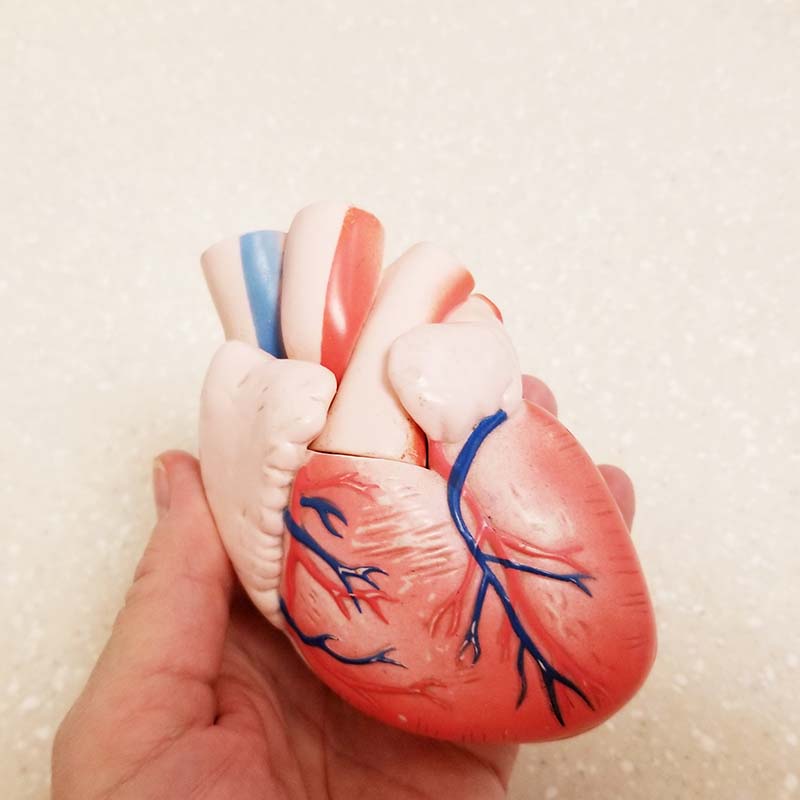
TAVR
Transcatheter aortic valve replacement (TAVR) is a minimally invasive procedure used to treat severe aortic stenosis, a condition in which the aortic valve becomes narrowed and obstructs blood flow from the heart. During the procedure, a catheter is inserted through an artery in the leg or chest and guided to the heart. A replacement valve, made of a collapsible metal frame with a tissue valve inside, is then threaded through the catheter and positioned inside the diseased valve. The new valve is expanded and pushed into place, displacing the old valve and restoring normal blood flow.
TAVR is typically performed under local anesthesia and takes about 1-2 hours to complete. Patients usually require a shorter hospital stay and have a faster recovery time compared to traditional open-heart surgery. TAVR is generally considered a safe and effective treatment for severe aortic stenosis, particularly in patients who are at high risk for complications from traditional surgery.
Dr. Rahul Arora's 15 years of experience as a cardiologist, he is well-equipped to perform TAVR with expertise and precision. Experience is an essential factor in developing the skills necessary for performing medical procedures, and 15 years of experience can provide a cardiologist with a broad range of knowledge, including the ability to manage complex cases and address any complications that may arise during the procedure.